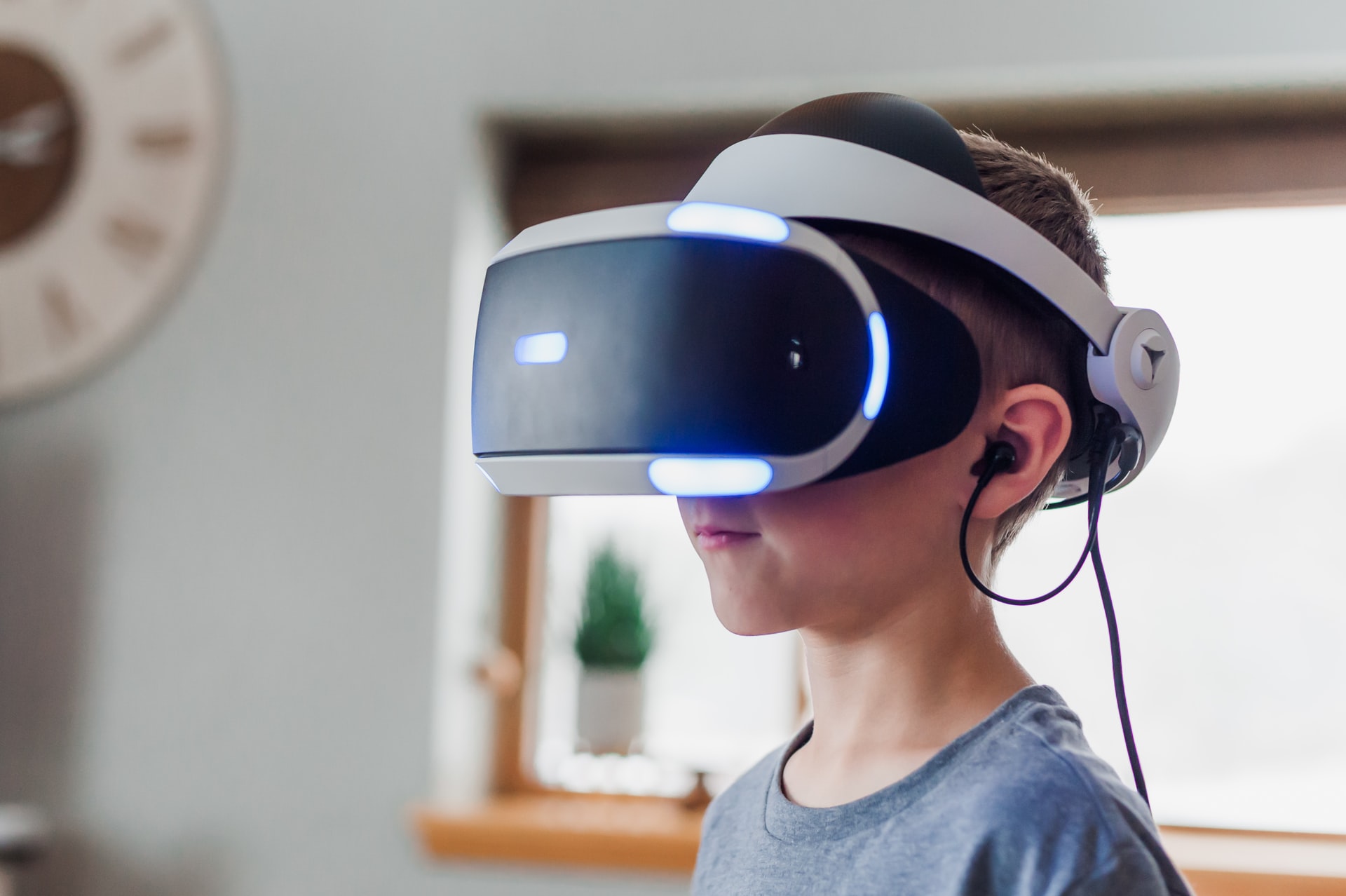How will virtual reality change Education over the next 10 years?

Over the last decade, Virtual Reality (VR) technology has shot from the realm of sci-fi unobtanium and into the palms of our hands, thanks to advancements in smartphone technology and a host of high-powered investors. As various new mixed reality offshoots become increasingly popular, we wanted to pause to consider what effect this flurry of newly accessible technology will have on the burgeoning EdTech sector?

According to its 2019 “Seeing is Believing” report, PwC believes that VR and AR (Augmented Reality) has the potential to add $1.5 Trillion to the global economy by 2030, with development, training and process developments accounting for nearly one-third of that figure.
As well as having the power to bring students and teachers together within new environments, extended reality technologies have the potential to immerse the individual in rich learning experiences. The technologies enable the opportunity to put people at the heart of situations that might not be practical, safe, or financially viable under normal circumstances.
At the novel end of the scale, an example of this could be taking a high-school class to an active volcano’s foot to show them tectonics in action. Tank’s client GeoSLAM worked with Virginia Tech University to recreate First World War trenches, bringing history to life. A more sobering example could include training first responders in simulated terrorist incidents, giving them the chance to train in safe, simulated environments. The technology enables the ability to build environments that can mimic the world around us in astonishing detail, putting the student at the heart of a controlled learning experience.
One significant benefit of developing these kinds of learning experiences in digital environments is that they can be rolled out at scale. Using virtual reality to create these kinds of experiences will enable limitless individuals to receive the same immersive training and education experiences, which wouldn’t be practical in a real-world environment.
As technology continues to improve and these experiences become more accessible through innovations in smartphones and mobile computing, it is possible to see how introducing these technologies into the education technology landscape enables much greater accessibility of learning – giving more people the chance to experience classroom environments that would otherwise be unavailable to them.
These experiences are much more effective for information retention and student confidence in putting learning into practice. A report published by The AI Journal shared that those who had studied in ‘v-learning’ environments were 275 per cent more confident to act on what they had learned. Soraya Jaber, CEO and Co-Founder of no-code VR development platform, Minsar was quoted in the report as saying, “When you stare at a screen, you remember watching something on a screen. Using AR/VR, your brain remembers you lived it.”
There are some barriers to this utopian vision of immersive learning for all. While the technology is becoming much more accessible, it isn’t yet what you would describe as affordable. Similarly, costs associated with creating experiences that students can access via virtual reality technology is proving a limitation to businesses developing them at scale. However, even considering the costs, it is worth looking back at how far this industry has come in a relatively short time. If the 2010s was the age of accessibility in virtual reality tech, then the 2020s will be the age of affordability.
According to the PwC report, the rollout of 5G networks is expected to play a significant role in bringing these costs down as the need for processing power within the headsets is offset by wireless streaming capabilities enabled by the superfast network tech.
Virtual and other extended reality technologies are set to have a profound impact on the education sector. Whether in charge of curriculum development or responsible for creating educational experiences, these are technologies that are set to shape the industry’s future.
With so much noise surrounding developments in the EdTech sector, you’ll need to ensure yours can cut through it all. If you’re looking to launch or develop a new offering in this space, speak to a member of Tank’s specialised EdTech team today to see how you can make your impact and keep abreast of this rapidly innovating space.



